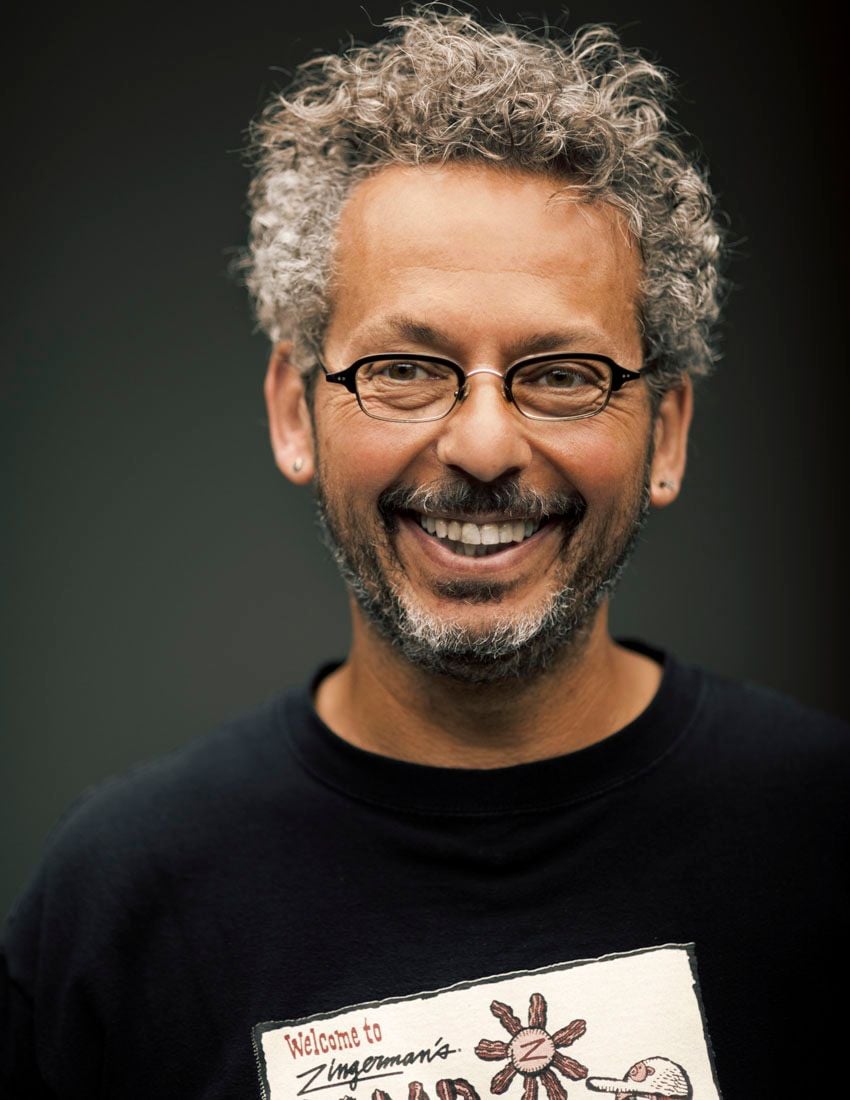Why Zingerman’s Teaches All Employees About Cash Flow, Revenue, Depreciation, and Expense Management

Zingerman’s is a community of over 10 businesses spawned from a single deli in Ann Arbor, Michigan.
Since 1982, the company has grown rapidly, but co-founders Ari Weinzweig and Paul Saginaw rejected traditional growth paths in the food industry like franchising or vertical integration. Instead, the company found its scaling path through a combination of deeply knowing their “why” and leveraging the power of open book management.
Featuring insights from Buffer’s Small Business, Big Lessons podcast episode six and the accompanying unpublished interview, Zingerman’s co-founder Ari Weinzweig shared the company’s founding story and how open book management unlocked new scaling opportunities for the company.

Rejecting growth for growth’s sake
Just before Zingerman’s Deli opened in March 1982, everyone told them they were going to fail because so many others had failed before them and they opened in a “bad” neighborhood.
The business was a hit.
By 1986 the deli expanded its restaurant space and in 1991 the business purchased the house next door to turn it into a cafe. But with success came imitators and competition from other restaurants who wanted a piece of the market Zingerman’s had built.
Ten years into the business, Paul sat Ari down and asked him a serious question: what are we doing?
“In our current language, what he was asking me is, ‘what's your vision,’ and I really didn't have one,” said Ari.
After a year of deep conversations about the company’s “why” – some friendly and some tense – the duo realized they wanted growth, but didn’t want to franchise out the Zingerman’s model like other massive restaurant chains were doing in the 80s and 90s. This led to the idea of a group of businesses, each one unique. That way the business could grow but it would not require a franchise model.
Describing their strategic approach in retrospect, Ari said it was about the heart.
“Instead of trying to solve problems and instead of trying to figure out “intellectually” where you want to go, it's about coming at it from the heart and describing the future of your dreams,” said Ari.
Teaching business skills to everyone
While thinking about what business to build next and how to build what Ari started calling a “community business,” he stumbled upon the concept of open book management, which states every employee should be able to see and know as much as possible about how the business operates.
Using a sports metaphor to explain how open book management works, Ari explained that the “players” (staff) often aren’t told how the business works, which leads to misaligned incentives. For example, a staff that doesn’t understand business numbers are happy on a slow day because it means their work is a bit easier. However, too many slow days will kill a business.
“They don't know the score, and then if the team wins or loses, they don't really get anything,” said Ari. If they …read more
Source:: Buffer Blog












